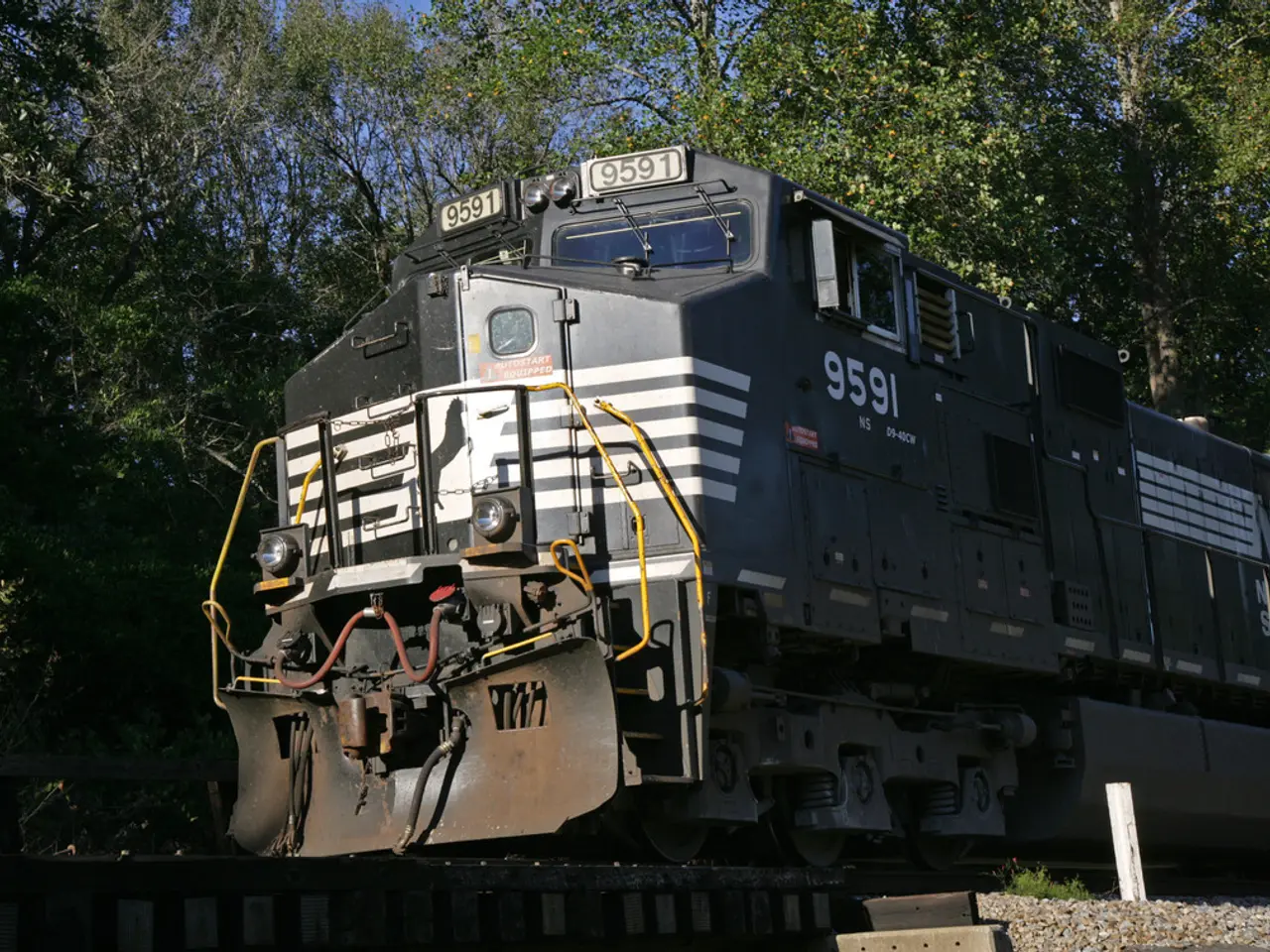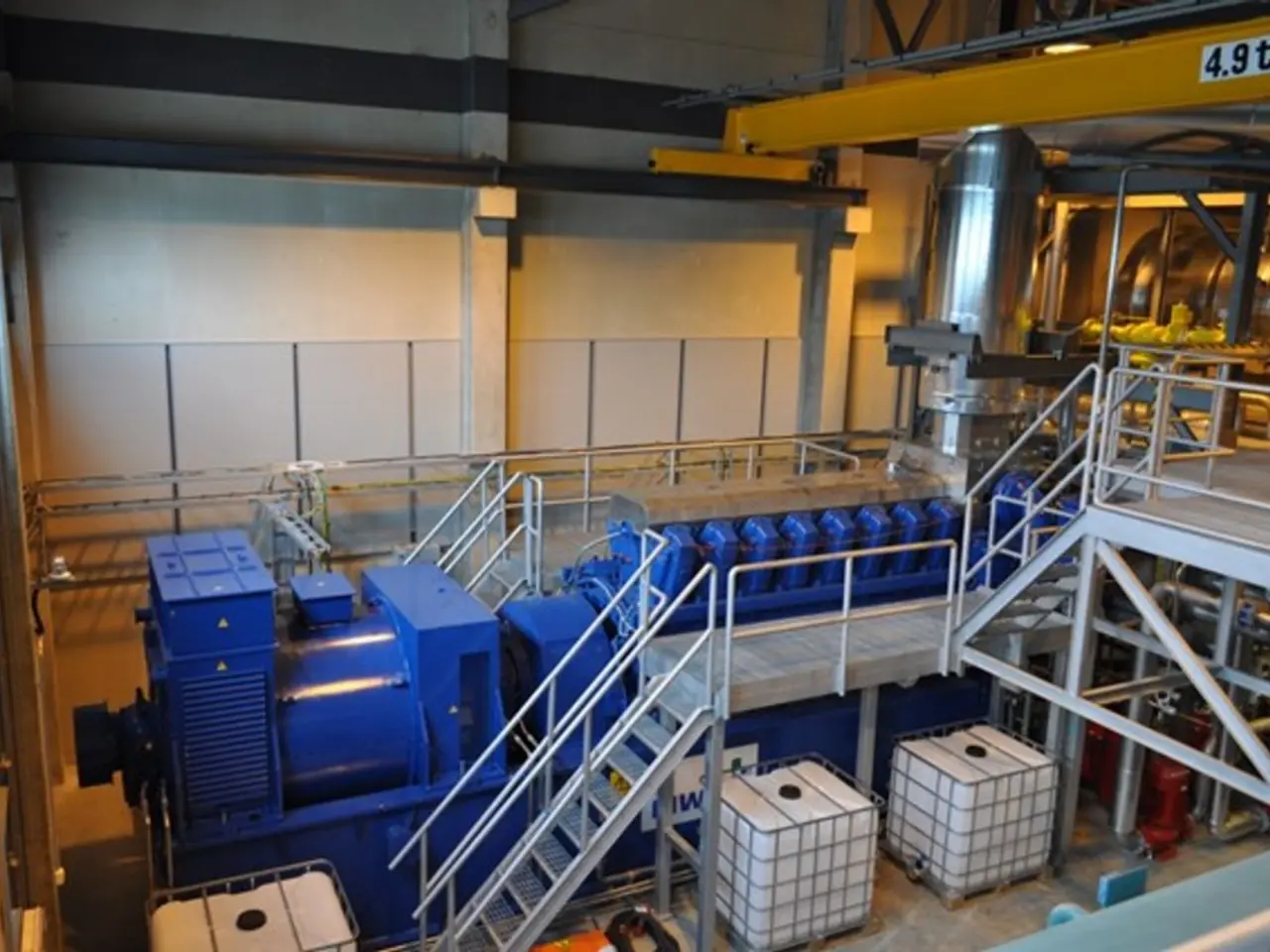Railway Authority Remains Shouldering Extra Expenses Due to Stuttgart 21 Project
In a recent ruling, the Administrative Court of Appeal in Baden-Württemberg has rejected Deutsche Bahn's application for leave to appeal against the decision that the railway company must bear additional costs of over a billion euros for the Stuttgart 21 rail project. The decision marks the end of a long-standing legal dispute that has been a contentious issue for years.
The Stuttgart 21 project, which began in 2010, involves the construction of a new main railway station in the state capital, as well as numerous other railway stations, tracks, tunnels, passages, bridges, and the high-speed line Wendlingen-Ulm. The 11 billion euro project, which includes a buffer of 500 million euros, has been postponed several times due to delays and cost overruns.
The legal dispute centered on the interpretation of a "speak clause" in the 2009 financing agreement. This clause, common in large infrastructure financing agreements, restricts parties from publicly commenting on or disclosing sensitive aspects of the agreement or the project, potentially contributing to limited transparency around the project financing, risk allocation, and stakeholder negotiations.
Since Stuttgart 21 has been a contentious project with debate over funding contributions and construction risks between Deutsche Bahn, the German federal government, and the state of Baden-Württemberg, the speak clause likely aimed to control disclosures that could exacerbate political or public opposition or complicate negotiations on cost overruns and project responsibilities.
The Administrative Court had previously ruled that Deutsche Bahn has no claim for the project partners to participate in the additional costs. The court also dismissed lawsuits by Deutsche Bahn against the state of Baden-Württemberg, the city of Stuttgart, the Stuttgart Region Association, and the Stuttgart Airport.
Despite the legal setback, Deutsche Bahn has announced that it will only partially commission Stuttgart 21 by the end of 2026. Long-distance and some regional traffic will start using the new underground station in December 2026, but some regional traffic will continue to end at the old terminal station until July 2027. The Stuttgart-Ulm rail project also includes the construction of the high-speed line Wendlinging-Ulm, which was opened in 2022.
The new main station will be a through-station, unlike the current terminal station, and will serve as a significant upgrade to the city's transportation infrastructure. However, the additional costs and delays have raised questions about the project's management and the need for greater transparency in large infrastructure projects.
Theoretically, Deutsche Bahn could still appeal to the Federal Constitutional Court, but the decision of the highest administrative court in Baden-Württemberg is final, and Deutsche Bahn's administrative legal remedy is exhausted. The implications of this decision are far-reaching, and it remains to be seen how Deutsche Bahn will manage the additional costs and complete the Stuttgart 21 project.
- The legal dispute surrounding the Stuttgart 21 project, a large-scale transportation infrastructure initiative, was centered on a 'speak clause' in a financing agreement with Deutsche Bahn, a major player in Germany's industry and finance sectors.
- The additional costs for the Stuttgart 21 project, totaling over a billion euros, will impact not only the business interests of Deutsche Bahn but also the public-transit operations in the region, as the project aims to upgrade the city's transportation system.
- The decision by the Administrative Court of Appeal in Baden-Württemberg has set a precedent for large infrastructure projects, emphasizing the need for transparency in negotiations, risk allocation, and project financing, particularly in the sectors of business, finance, and transportation.




